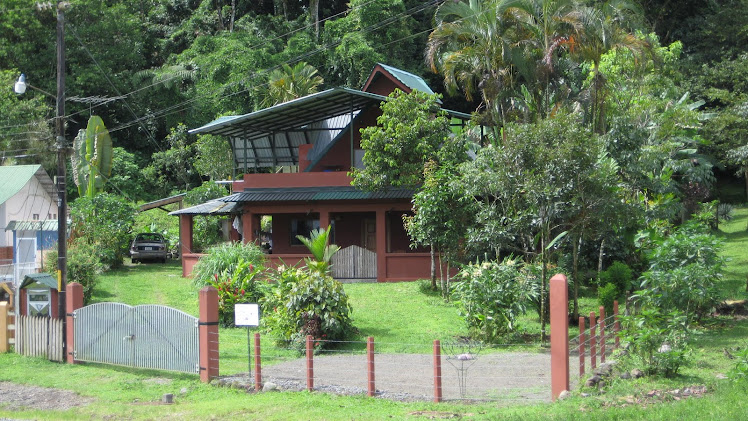Here is information on some of the more popular beaches to surf Costa Rica.
The Northern Pacific Coast provides the best, most reliable waves from December to April when strong offshore winds combine with the ideal swell directions. Beginners can enjoy riding the waves at Tamarindo, while other good breaks include Witches Rock, Playa Negra and Playa Grande.
Tamarindo provides the ideal location for those looking to do a variety of activities. Aside from surfing there are many activities on offer, including snorkeling, scuba diving, river kayaking and sailing. Besides, you can also enjoy jungle river cruises or watch the giant leatherback turtles which come here to nest between October and March. Tamarindo Beach is easy to reach with daily flights and buses leaving from San José.
The Caribbean Coast is ideal for surfers traveling from November to March. Puerto Viejo de Talamanca, offers crystal-clear blue waters and Costa Rica’s heaviest and best wave: Salsa Brava.
Suitable for only the very experienced, this reef break is extremely popular with locals, expats and tourists alike, so expect crowds throughout the week. The nearby beach break at Playa Cocles and reef break at Punta Uva offer suitable, reliable and exciting breaks for less experienced surfers. Getting to Puerto Viejo de Talamanca is relatively easy. Take a bus or shared shuttle from San José or fly to nearby Limón.
The quiet Southern Pacific Coast offers the most reliable waves for those traveling between May and November. Few tourists travel to this part of Costa Rica making it ideal for those with their own equipment and looking for a relaxing trip.
The easy going, small surf town of Domincal has a beautiful beach stretching for one and a half kilometers. It has right and left breaks suitable for surfers of all abilities and with many accommodation options, it makes for the perfect holiday location.
Cabo Matapolo is another option. Surrounded by jungle, it is often described as one of the most beautiful, untouched places left in Costa Rica, with wildlife everywhere you look: monkeys, anteaters and scarlet macaws. There are lodges but no shops or services.
Unless traveling by collective taxi from Jiménez, a 4*4 is needed – the last 12 miles of road is unpaved with a series of deep cracks to cross. The journey is worth it though, with two world-class breaks in the area as well as Pan Dulce for beginners.

